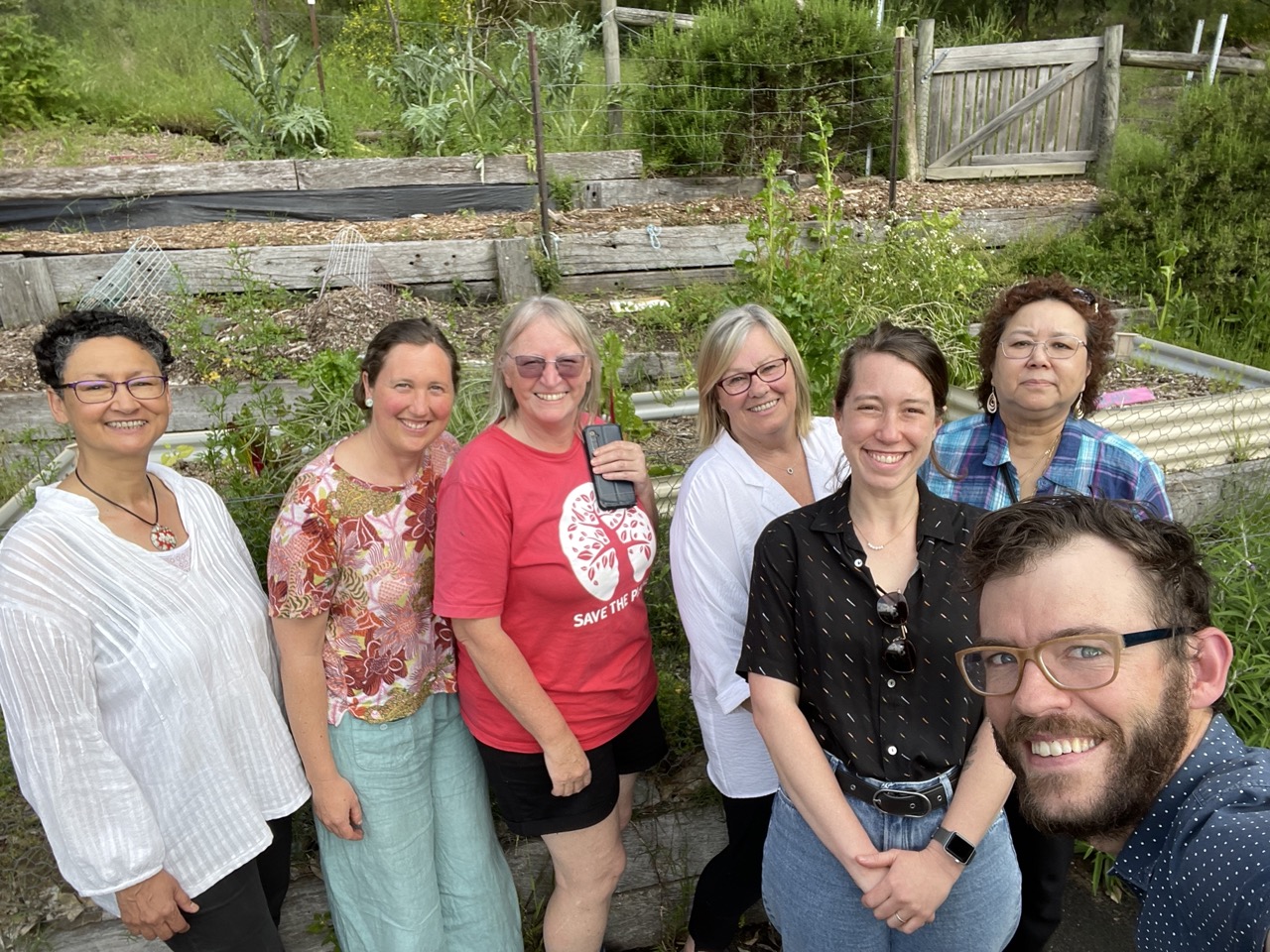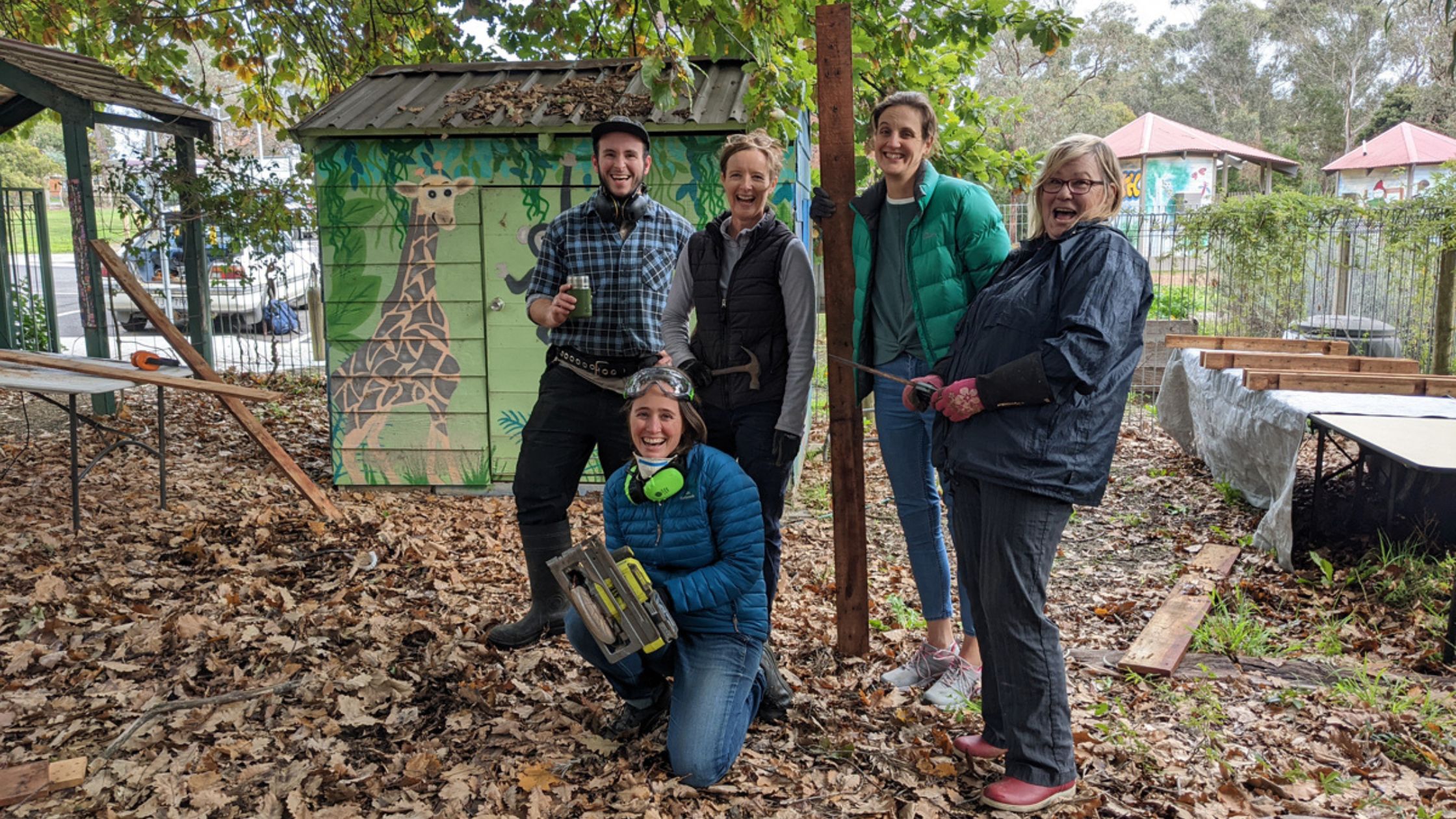Community Alliance in Waste Reduction and Sustainability
Pakenham Living & Learning and Swinburne PrimeSCI! joined forces in 2021 with the shared goal of diverting waste from landfills and supporting community resource recovery.
We secured funding from Sustainability Victoria via their Recycling for Communities grant to deliver the following objectives:
- Help community gardens lead the change towards waste reduction
- Improve accessibility of messaging to include community members with diverse cultural backgrounds
- Promote a repair culture that prioritises long-term use over quick disposal of resources
- Build greater awareness for what it means to ‘Care for Country’
CAWRS (Community Alliance of Waste Reduction and Sustainability) brings together community gardens, neighbourhood houses & businesses across Melbourne’s eastern and southern suburbs, acting collectively towards a future with fewer landfills.
We’re also working closely with Traditional Owner groups such as the Bunurong Land Council and the Wurundjeri Tribe to ensure that their voice and knowledge base play a role in the messaging of respecting the natural environment around us.
Why this is important
The reduction of litter, the correct recycling of plastics, and the diversion of organic waste from landfill is better for the environment and better for us!
Litter, especially plastics are impacting our waterways, coastlines and oceans. Global plastic production exceeds 300 million tonnes per year and the breakdown of plastics in litter into tiny pieces is called microplastics (less than 5mm long). Sustainability Victoria’s 2016 Litter Report Card identified plastics and microplastics as one of the top five litter issues for Victoria. These microplastics are now widespread in our environment, food chains and drinking water, and research has shown that it is present in fish, shrimp and sediments in estuaries and rivers around the world.
Australians send more than 6.2 million tonnes of organic food waste to landfill every year. To divert this organic waste from landfill to a composting facility, at home or in the community, allows a high amount of valuable nutrients to be reused to improve and remediate soils.
Compost is an environmentally friendly alternative to synthetic fertilizers used in agriculture or in your home garden. Correct composting practices also reduces human health hazards by killing harmful pathogens.




